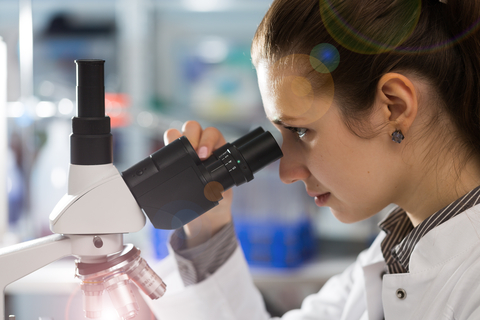Older people urged to donate their brains

Older people in Wales are being urged to think about donating their brains after they die to help scientists researching dementia.
The BBC reports researchers at Cardiff University are not actively recruiting at the moment but are still keen to hear from people over eighty five without a diagnosis of dementia. While they also recruit donors with dementia as healthy brains are needed for comparisons.
Since 2009 four hundred and sixty people in Wales have signed up, and seventy nine successful donations have been made to the Brains for Dementia Research project.
The donors are recruited through the project’s team at Cardiff University, which is working to identify which genes contribute to a person’s susceptibility to developing Alzheimer’s disease. In order to do this researchers need to study human brain tissue, as looking at the distribution of protein deposits on the brain is the only way to get a definitive diagnosis of the disease. While donors who have dementia often find out about brain donation from medical professionals, it can be harder to attract healthy donors.
Rachel Marshall, research assistant at the Cardiff University’s Dementia Research Institute, said “Research using brain tissue is really, really valuable. You can look at other research models, animal models, cell models but looking at the actual physical human tissue is invaluable. At the moment what we are looking for is healthy individuals above the age of 85. They are of an interest at the moment to use as a comparison, to use as tissue. However, if brain donation isn’t for you, you can always get involved in different [research] schemes.”
Unlike regular organ donation, where people in Wales are presumed to have consented to giving their organs unless they have opted out, those wishing to donate their brain have to make a specific request to do so. Once they have been accepted, they are visited once a year to complete a cognitive assessment to test their memory.
Wales does not have its own brain bank so brains donated by people in Wales are stored at King’s College London until the team at Cardiff University requests samples.
When a donation is made, the brain is cut in half and half is frozen, while the other half is dissected and preserved on slides. Samples can be kept indefinitely and many taken decades ago are still being used today.








